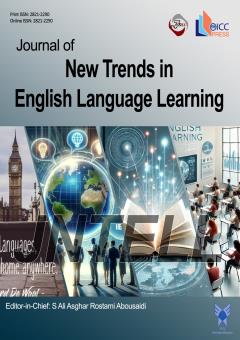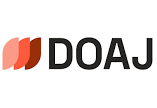مقدمة في المجلة
علمی
- CALL FOR PAPER (SPECIAL ISSUE)
Education in the Third Millennium: Twenty-First Century Skills for Language Teaching
Guest Editors:
Name: Assistant Prof. Dr. Neda Fatehi Rad
Affiliation: Department of English Language and Literature, Kermn Branch, Islamic Azad University, Kerman, Iran
E-mail address: nedafatehi@yahoo.com
Name: Associate Prof. Dr. Hamed Barjesteh,
Affiliation: Department of English Language and Literature, Ayatollah Amoli Branch, Islamic Azad University, Amol, Iran
E-mail address: Ha_bar77@yahoo.com
Name: Associate Prof. Dr. Santosh Kumar Behera
Affiliation: Dept. of Education, Kazi Nazrul University, West Bengal, India,
E-mail addresses: santosh.behera@knu.ac.in
Name: Dr Mehdi Manoochehrzadeh
Affiliation: Zerodale Inc. Centre for Research in Entrepreneurship Education and Development, Toronto, Canada
E-mail address: mmsp79@yahoo.com
Description:
In the 21st century, language education has evolved to encompass more than just teaching grammar and vocabulary. It now involves acquiring additional skills that are essential competencies for success in the new era. There is a growing dissatisfaction with the effectiveness of mainstream English language teaching (ELT) in foreign language instruction, particularly in expanding and outer circle countries (e.g., Bangladesh, Ghana, the Philippines, China, Egypt, Korea, Iran, Japan, Russia, to name but a few) and at different national and international conferences and symposiums. The main dissatisfaction concerns the centralized, top-down educational management and policy.
Many teaching models and materials often do not effectively connect with the real-life concerns of learners, leading to dissatisfaction and the adoption of internationally marketed materials in classrooms. This can be problematic as these materials may promote western cultural values and present a utopian environment that may not resonate with local learners. There is a growing need to incorporate ELT materials that cater to the specific needs of learners in EFL classrooms within TEFL contexts. Adapting materials to better reflect local realities and concerns can enhance the effectiveness of language education. The emergence of critical approaches in education has shed light on the importance of considering the sociocultural and sociopolitical dimensions in language teaching. It is crucial for language policymakers to recognize that ELT is not value-free and should not be viewed solely as an educational concern. By incorporating these perspectives, students can be trained to become critical thinkers, effective communicators, creative individuals, and collaborative team members. This holistic approach to language education can better prepare learners for the complexities of the modern world. Actually, education should prepare students for a lifelong learning, and paves the ground for the new-century workplace.
Considering this gap in the language pedagogy, this special issue adopts the influence of 21st-century skills on pedagogy as the main theme with the focus on the evolving trends in education. This special issue seeks to welcome original research papers, reviews, case studies, meta-analyses, systematic reviews, or position papers on how education in the 21the century may affect language learning. We aim to identify interventions that are both desirable and practical in various language domains for effective learning. Researchers from everywhere around the world are welcome to submit their work in the following areas of study. In addition, we welcome submissions from disciplines not specifically included here, provided they fall within the scope of the subject:
- Political dimension of language teaching
- (Re)humanising education policies
- Influence of 21st-century skills on pedagogy
- Cultural and language diversities and literacies
- Curriculum and materials development in transformative pedagogy
- Critical approach to L2 classroom discourse
- Critical thinking/ pedagogy in education
- Bakhtin’s dialogical driven pedagogy
- Positive psychology in the third millennium
- Developing counter-hegemonic materials
- Technological paradigms, the digital shift, and mobile technologies
- Innovative assessment/evaluation methodologies
- Critical language teacher education practices
Review process for the selection and rejection of papers
Each submitted manuscript will be considered by the gust editors or one of the associate editors. If it meets the minimum criteria to be included in the review process, one of the editors (topic expert) selects at least two external reviewers for a detailed evaluation process.

Neda Fatehi Rad is an assistant professor of English Language Teaching at Islamic Azad University, Kerman Branch, Iran. She is, also director of charge of journal on new trends on English Language teaching (JNTELL). She mainly teaches language testing, research methodology and research at graduate level and her main areas of interest include teachers' education, cooperative learning, language testing and research. She has published 62 papers in international and national academic journals. She has published five books in the field of translation, language learning and teaching.
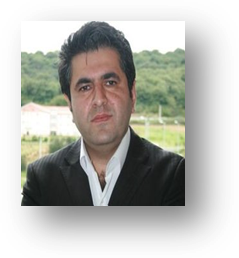
Hamed Barjesteh, an associate professor of education and applied linguistics at Islamic Azad University, Ayatollah Amoli branch, has been a teacher educator for two decades. He has authored numerous books and articles on English language teaching for learners of all ages and has shared his expertise at both national and international conferences. Barjesteh has actively engaged in training and mentoring teachers. He supervised numerous MA thesis and Ph.D. dissertations, He held several significant positions, including the founder of the language and culture, head of the English department, the Dean of the School of humanities and social sciences , and the rector of a higher education university. Additionally, He has made numerous editorial contributions by serving as the review editor for multiple journals and being an editorial board member for others. His research focuses on critical language pedagogy, thinking skills in language learning, Critical Language testing, dynamic assessment, and positive psychology.

Santosh Kumar Behera, Associate Professor at Dept. of Education, Kazi Nazrul University, Asansol, Paschim Bardhaman, West Benga. He is expert in educational technology. He supervised numerous MA theses and Ph.D. dissertations, and currently leads the English Language department. He is expert in Philosophical Foundations of Education, Teacher Education, Educational Technology, Educational Research, Education for Sustainable Development. He reviewed various articles published in scholarly journals and also holds a position as a coeditor for several scientific journals. He is the Associate Editor, co-Editors-in-Chief, Member of Editorial Board, of some journals and serves as Member of Editorial Review Board of different academic journals.
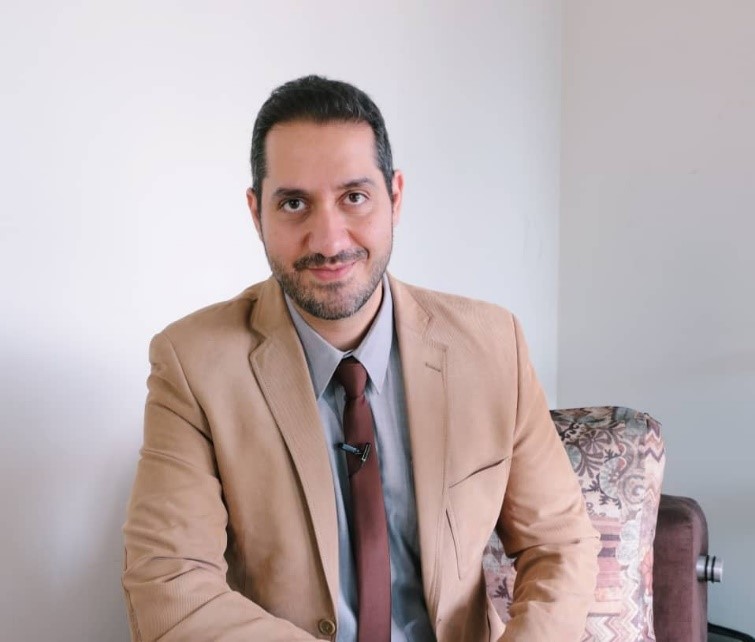
Mehdi Manoochehrzadeh is an independent researcher and a consultant specializing in English language teaching and teacher education. With more than ten years of expertise in innovative language learning techniques, he established the Manoochehrzadeh Language Academy Manocherzadeh is also the founder of a center for research in entrepreneurship education and development in Toronto, Canada. He is expert in designing curriculums, managing educational programs, and creating interactive learning solutions. Manoochehrzadeh is globally recognized for introducing the groundbreaking "Puzzling method" that has greatly improved English language acquisition for thousands of learners worldwide. He supervised and trained many in-service teachers. He is deeply involved in incorporating technology and gaming elements into language education to make learning a universally enjoyable endeavor. Additionally, he has authored numerous influential publications in the field of English language education.
Time-table:
- Proposed abstract submission: Open now
- Decision on acceptance of abstracts: August 30th, 2024
- Opening of submission portal for full manuscripts: November 20th, 2024
- Closure of portal for new submission: April 30th, 2025
- Tentative date for publication: September 30th 2025
If you have any queries, please contact the guest editors at nedafatehi@yahoo.com or ha_bar77@yahoo.com
Note:Please in the Final Stage of Uploading Revised Version of Your Work Include: Authors Affiliations, Tittle,Abstract,KeyTerms (Perisan),and Biodata.
Reference
Alexander, R., (2020). A Dialogic Teaching Companion. Abingdon, Oxon; New York: Routledge.
Atkinson, D., (1997). A critical approach to critical thinking in TESOL. TESOL Quarterly, 31(1), 71–94. doi: 10.2307/3587975.
Barjesteh, H., & Birjandi, P., (2015). Toward postulating a transformative L2 materials preparation (TLMP) model in Iranian universities. Indian Journal of Fundamental and Applied Life Science, 5(S2), 1016–1027.
Barjesteh, H., & Manoochehrzadeh, M., Heidarzadi, M. (2022). Technology Enhanced Language Learning: COVID-19’s Impact on Digitalization of Education. Society publishing
Barjesteh, H., & Niknezhad, F., (2020). Fostering critical writing through dialogic teaching: A critical thinking practice among teachers and students. Iranian Journal of English for Academic Purposes, 9(2), 91–107.
Barjesteh, H., (2019). Dynamicity of transformative L2 materials preparation model in EFL classroom: Place of critical language pedagogy in teacher education. Journal of Language Teaching Skills, 38(2), 47–79. doi: 10.22099/ JTLS.2020.34142.2707.
Barjesteh, H., Asadpour, S. A., & Manochehrzadeh, M. (2018). The relationship between Iranian EFL teachers’ creativity and time management skills. International Journal of Applied Linguistics and English Literature,7(2), 207–213.
Barjesteh, H., & Frouzandehfar, L. (2022). Education in the Third Millennium: Towards an Operational Model in Language Teaching. Society Publishing
Benesch, S., (1993). ESL, ideology, and the politics of pragmatism. TESOL Quarterly, 27(4), 705–717. doi: 10.2307/3587403.
Birjandi, P., Bagheri, M., & Maftoon, P., (2019). Towards an operational definition of critical thinking. Journal of English Language Pedagogy and Practice,12(24), 17–40. doi: 10.30495/jal.2019.671910.
Clarke, J., (2019). Critical Dialogues: Thinking Together in Turbulent Times. Policy Press.
Ghalandari, M., Fatehi Rad, N., Seifaddini,P.(1403) Modeling Bipolar EFL Teachers’ Professional Identity Pattern: Investigating the Effectiveness of a Positive Thinking Training Course. Journal of Studies in Learning and Teaching English,1(13),69-80.
MacIntyre, P., Mercer, S., Gregersen, T., & Hay, A. (2022). The role of hope in language teachers’ changing stress, coping, and well-being. System, 109 (2022) 102881. doi: 10.1016/j.system.2022.102881
Sabaghzade, Z., Fatehi Rad, N., & Anjomshoa, L. (2024). Developing a Technology-Mediated EFL Teacher Program Based on Critical Pedagogy: The Context of Iran in Focus. Journal of Modern Research in English Language Studies, (), -. doi: 10.30479/jmrels.2024.19295.2261
Sabaghzade, Z., Fatehi Rad, N., & Anjomshoa, L. (2023). On the Iranian ELT Experts’ and English Literature Teachers’ Perceptions of a Technology-Laden Critical Pedagogy (CP)-based EFL Teacher Preparation Program: Any Discrepancy?. Quarterly of Iranian Distance Education Journal, 5(1), 128-143. doi: 10.30473/idej.2023.68269.1162
Solhi, M., Derakhshan, A., & Ünsal, B. (2023) Associations between EFL students’ L2 grit, boredom coping strategies, and emotion regulation strategies: a structural equation modeling approach. Journal of Multilingual and Multicultural Development, 1-20 doi: 10.1080/01434632.2023.2175834
Wang, Y., Derakhshan, A., & Pan, Z. (2022). Positioning an agenda on a loving pedagogy in second language acquisition: Conceptualization, practice, and research. Frontiers in Psychology, 13, 894190. https://doi.org/10.3389/fpsyg.2022.894190
Xuehua, D., Liu, Y., & Peng, J. E. (2023) Straddling burnout and resilience: a Q methodology study among high school EFL teachers. Journal of Multilingual and Multicultural Development, 1-18. doi.org/10.1080/01434632.2023.2193171
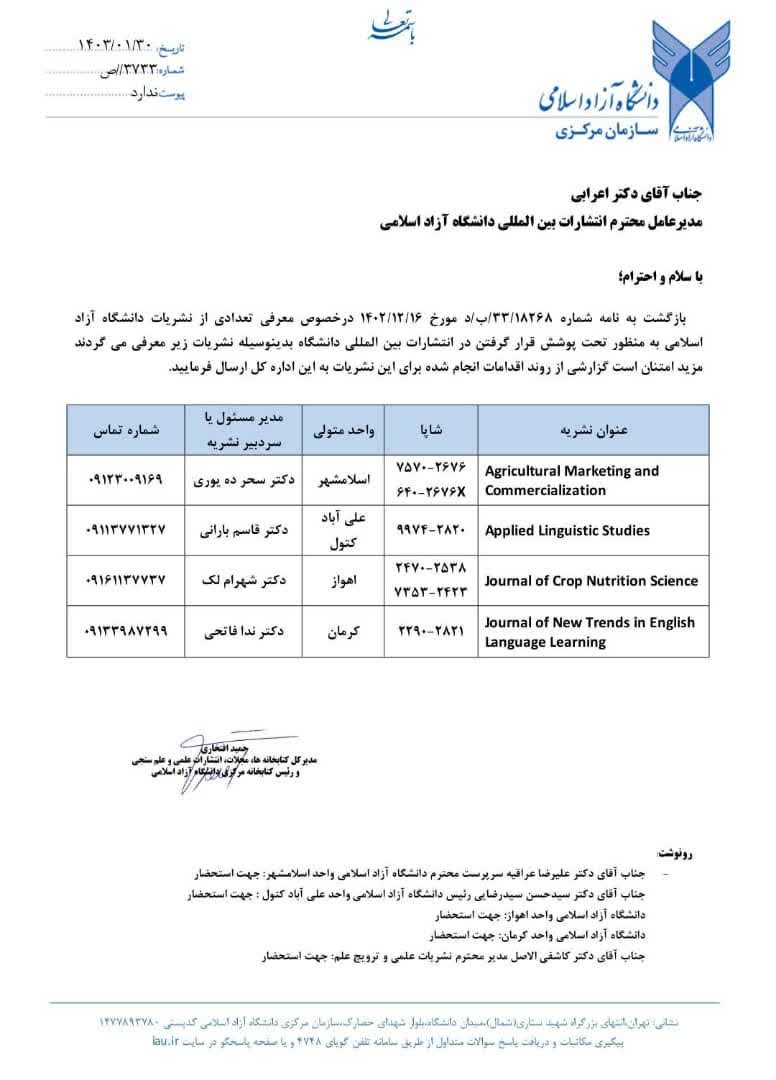
.jpg)
-
حرية الوصول المقاله
1 - The Interrelationship between Literature and Language Teaching: Drama and Speaking
Hamed Badpa * ، Parivash Zare Behtash ، Esmail Zare Behtshالعدد 1 , المجلد 3 , بهار 2024 -
حرية الوصول المقاله
2 - The Role of Critical Thinking Disposition in Enhancing Argumentative Writing Skill: Iranian EFL Teachers’ and Learners’ Perspective
Shaho Hoorijani ، Hossein Heidari Tabrizi * ، Mohsen Masoomiالعدد 2 , المجلد 1 , تابستان 2022 -
حرية الوصول المقاله
3 - Relationship between Critical Thinking Ability and Listening Comprehension Strategies: Focus on Advanced EFL Learners
Azar Bagheri Masoudzade *العدد 1 , المجلد 1 , بهار 2022 -
حرية الوصول المقاله
4 - Teacher Training or Teacher Draining: A Critical Analysis of Iranian Teacher Training Courses (TTC)
Hamed Zarabi * ، Nadia Gharani ، Nima Yamraliالعدد 2 , المجلد 2 , تابستان 2023 -
حرية الوصول المقاله
5 - Implementation of Reciprocal-scaffolding Treatment in Virtual Learning Context: Iranian EFL Learners’ Listening and Speaking Skills
Marzieh Sabzevari ، Neda Fatehi Rad * ، Masoud Tajaddiniالعدد 2 , المجلد 1 , تابستان 2022 -
حرية الوصول المقاله
6 - Seasoned and Novice English Teachers’ Perceptions of ‘Prospect 2’: A Critical Exploratory Study on Teaching Experience
Hossein Issaee * ، Hamed Barjestehالعدد 1 , المجلد 3 , بهار 2024 -
حرية الوصول المقاله
7 - Academic procrastination from attribution theory perspective: An overview
Mehdi Haseli Songhori * ، Kimiya Salamatiالعدد 2 , المجلد 2 , تابستان 2023 -
حرية الوصول المقاله
8 - The Role of Iranian EFL Teachers’ Job Satisfaction in Their Job Performance: The Contribution of Benevolence Value
Nasrin Bahojb Ghavechipoor ، Saeideh Ahangari * ، Masoud Zoghiالعدد 1 , المجلد 3 , بهار 2024 -
حرية الوصول المقاله
9 - Exploring the Effectiveness of Artificial Intelligence (AI) on Reading Comprehension among Iranian EFL Learners
Mahdi Yousefi ، Mohammad Iman Askari *العدد 5 , المجلد 3 , پاییز-زمستان 2024 -
حرية الوصول المقاله
10 - The Frayer Model Effectiveness in the LSP Vocabulary Development: The Case of English for Iranian Computer Sciences Majors
Mahmoud Jafarie ، Hossein Heidari Tabrizi *العدد 4 , المجلد 1 , زمستان 2022

